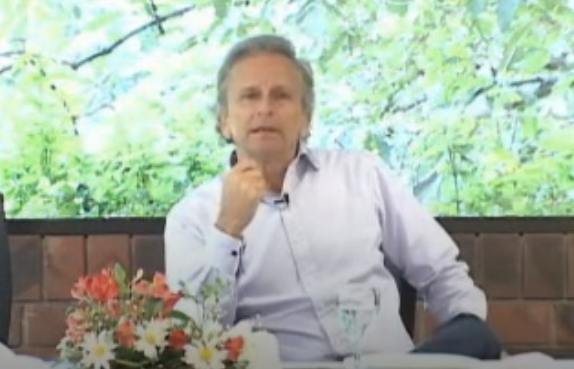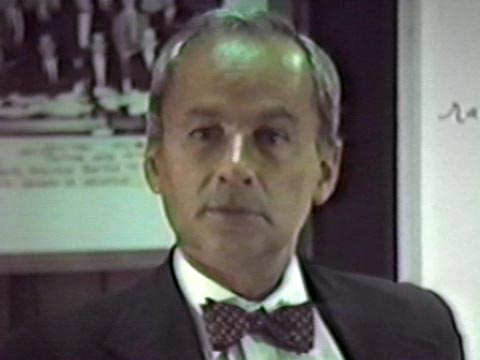About this videoProfessor Henry Manne, founder of the Law and Economics Center (LEC) at George Mason University, discusses the legal structure of a free market economy and some of its most important components: the rule of law, judiciary system independence, and the doctrine of precedent. He talks about the relationship between the nature of legal and economic systems and how a misstep in one of these can jeopardize the benefits of a free society, as it was with the collapse of the common law system. |
|
CreditsThe Proper Role of Judges | |










